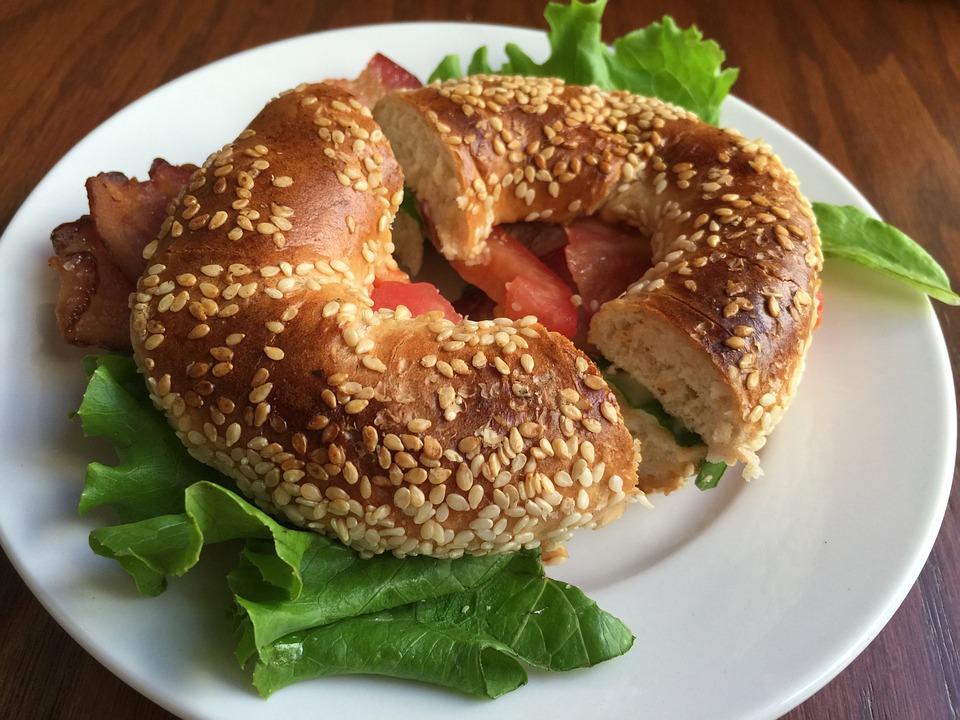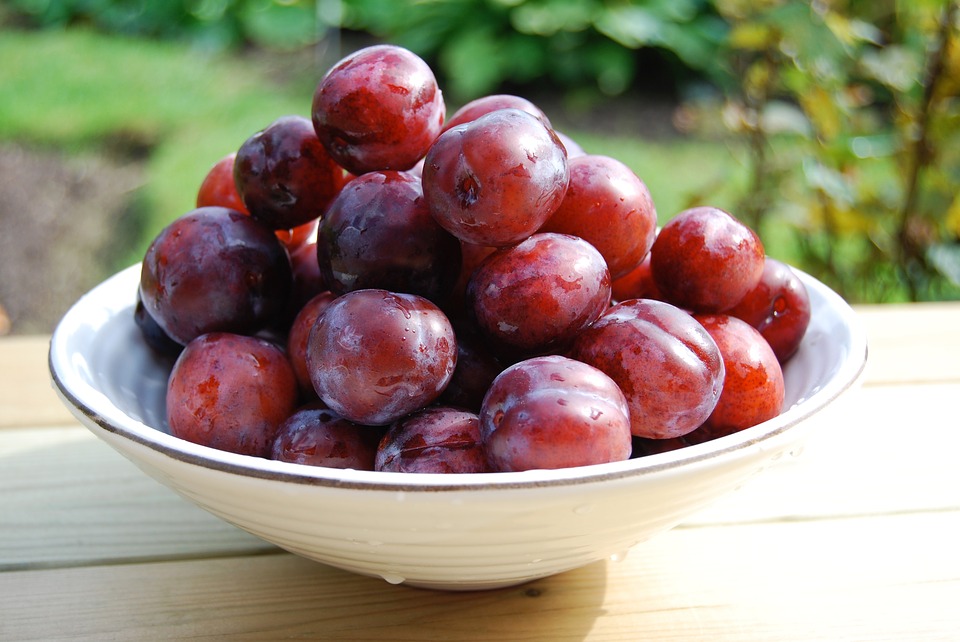 Crufts is the annual event where thousands of dogs compete to be crowned Best in Show! This famous British dog show is organised by the Kennel Club and takes place each year at the National Exhibition Centre (NEC) in Birmingham, UK. Dog lovers will watch their favourite pooches compete in different events with four days of canine competition. Our Crufts EFL lesson gives us a perfect platform to explore dog-related vocabulary as we await the excitement of the agility, obedience and heelwork challenges! Which pups will triumph? Watch this space! Continue reading
Crufts is the annual event where thousands of dogs compete to be crowned Best in Show! This famous British dog show is organised by the Kennel Club and takes place each year at the National Exhibition Centre (NEC) in Birmingham, UK. Dog lovers will watch their favourite pooches compete in different events with four days of canine competition. Our Crufts EFL lesson gives us a perfect platform to explore dog-related vocabulary as we await the excitement of the agility, obedience and heelwork challenges! Which pups will triumph? Watch this space! Continue reading
What Words Rhyme with Orange, Purple, Silver and Month?
 There are some words in the English language that famously can’t be rhymed with any other words. These are called refractory rhymes. Some of the words most commonly thought to be without any rhyming partners include: orange, purple, silver, month and circle. But are all these words really without a rhyming friend?
There are some words in the English language that famously can’t be rhymed with any other words. These are called refractory rhymes. Some of the words most commonly thought to be without any rhyming partners include: orange, purple, silver, month and circle. But are all these words really without a rhyming friend?
There are actually some obscure words in the English language that do rhyme with these troublesome nouns and adjectives. Read on to find out more about perfect rhymes and discover which crafty words rhyme with the seemingly impossible orange, purple, silver and month. Continue reading
Bringing Home the Bacon – or Bagels?

Animal rights charity PETA has suggested that many current English idioms carry negative associations with animal abuse and that we should change their wording to reflect awareness of animal rights. The altered animal idioms would retain the original meaning, while shedding the abusive imagery. As vegetarianism and veganism become more popular and awareness of animal rights grows, should our language change to keep up with society’s shifting attitudes? And is this a positive progression – or political correctness gone mad?
Strasberries, Pineberries and Pluots: Exploring Hybrid Fruits
 Hybrid fruits are fascinating for both culinary and linguistic reasons.The English language has many interesting words to describe foods and when a new food is created or discovered, it needs a new name to match. Hybrid fruits are a combination of two or more fruits and these culinary delights have produced some exciting names that catch the ear and the taste buds straight away. Have you ever tried a strasberry, a pineberry or the newest hybrid fruit – the pluot? Continue reading
Hybrid fruits are fascinating for both culinary and linguistic reasons.The English language has many interesting words to describe foods and when a new food is created or discovered, it needs a new name to match. Hybrid fruits are a combination of two or more fruits and these culinary delights have produced some exciting names that catch the ear and the taste buds straight away. Have you ever tried a strasberry, a pineberry or the newest hybrid fruit – the pluot? Continue reading
How is Tourism Affecting Translation?
 Communication is essential in daily life, yet when we travel, communication becomes more difficult due to language barriers. When tourists travel to a new country, there is a high chance of miscommunication between the newcomers and the locals. By using hand signals and some basic tourist vocabulary, there will usually be a reasonable understanding on both sides. However, when trying to understand more complex information, translations become necessary. This is especially true in the travel and tourism industry, where good translation can aid authentic communication and create a positive customer experience. Continue reading
Communication is essential in daily life, yet when we travel, communication becomes more difficult due to language barriers. When tourists travel to a new country, there is a high chance of miscommunication between the newcomers and the locals. By using hand signals and some basic tourist vocabulary, there will usually be a reasonable understanding on both sides. However, when trying to understand more complex information, translations become necessary. This is especially true in the travel and tourism industry, where good translation can aid authentic communication and create a positive customer experience. Continue reading
How to Prepare for Your First Year at a US College
 Being accepted into an American college is a significant event and it is normal for an international student to feel both excited and apprehensive. Although initially it may seem that you have plenty of time until the start of your first semester, the months will pass quickly. It is best to prepare for the start of term, as this way you will get the most out of the experience and avoid any pitfalls. So what should you do to prepare for studying at a US college? Let’s find out. Continue reading
Being accepted into an American college is a significant event and it is normal for an international student to feel both excited and apprehensive. Although initially it may seem that you have plenty of time until the start of your first semester, the months will pass quickly. It is best to prepare for the start of term, as this way you will get the most out of the experience and avoid any pitfalls. So what should you do to prepare for studying at a US college? Let’s find out. Continue reading
The Language of Denial: to Deny, Reject, Object, Decline or Refuse?
 The language of denial is complex and varied. English has many words that express a similar sentiment. The verbs ‘to deny’, ‘to decline’, ‘to reject’ and ‘to refuse’ have similar meanings but often distinct uses. You can deny an allegation, decline an invitation, refuse a chair, reject a lover, object to a statement and refute a claim. Read on to learn about these words of denial and their common collocations. Plus, we explore the confusing language used in the current Ford vs Kavanaugh case, the ambiguity of legal terms and how language can manipulate or mislead the listener.
The language of denial is complex and varied. English has many words that express a similar sentiment. The verbs ‘to deny’, ‘to decline’, ‘to reject’ and ‘to refuse’ have similar meanings but often distinct uses. You can deny an allegation, decline an invitation, refuse a chair, reject a lover, object to a statement and refute a claim. Read on to learn about these words of denial and their common collocations. Plus, we explore the confusing language used in the current Ford vs Kavanaugh case, the ambiguity of legal terms and how language can manipulate or mislead the listener.
World Elephant Day: Exploring Signs and Sounds in Elephant Communication
 Get ready to trumpet! World Elephant Day falls on August 12th every year and to coincide with this special event, we’ve been examining the fascinating language of elephants. Read on for an exploration of elephant language, how to read the signs of elephant body language and vocalisations and how far these intelligent animals can understand human language. Continue reading
Get ready to trumpet! World Elephant Day falls on August 12th every year and to coincide with this special event, we’ve been examining the fascinating language of elephants. Read on for an exploration of elephant language, how to read the signs of elephant body language and vocalisations and how far these intelligent animals can understand human language. Continue reading
Origins of the Word ‘Spelunking’
 The word ‘spelunking’ has been in the news a lot recently due to the extraordinary rescue of the Thai boys and their football coach who were trapped in a flooded cave. While the boys and their coach are now safely back home, the interesting word ‘spelunking’ has stayed in the minds of many language learners, so we have decided to bring this strange word under the language microscope for our latest blog post. Grab your headlamp and read on to explore the meanings and differences between the words spelunking, potholing, caving and speleology. Continue reading
The word ‘spelunking’ has been in the news a lot recently due to the extraordinary rescue of the Thai boys and their football coach who were trapped in a flooded cave. While the boys and their coach are now safely back home, the interesting word ‘spelunking’ has stayed in the minds of many language learners, so we have decided to bring this strange word under the language microscope for our latest blog post. Grab your headlamp and read on to explore the meanings and differences between the words spelunking, potholing, caving and speleology. Continue reading
Are Emojis Ruining the English Language?
![]() It’s World Emoji Day on 17th July! Although smiley faces are common features of text messages and Twitter exchanges, over a third of adults believe that emojis are ruining the English language. New research suggests that emojis could be responsible for the deterioration of English and presumably of other languages, as people turn to pictures instead of words. But is the English language really in decline – and are emojis to blame? Continue reading
It’s World Emoji Day on 17th July! Although smiley faces are common features of text messages and Twitter exchanges, over a third of adults believe that emojis are ruining the English language. New research suggests that emojis could be responsible for the deterioration of English and presumably of other languages, as people turn to pictures instead of words. But is the English language really in decline – and are emojis to blame? Continue reading
